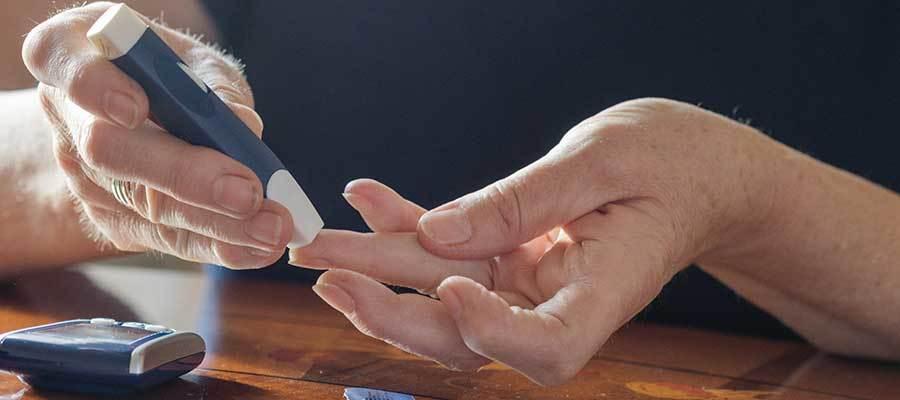FDA Issues Plan to Improve Medical Device Safety

The Food and Drug Administration today released a plan to improve medical device safety. The plan calls for increased funding to develop an active surveillance capability for FDA’s National Evaluation System for health Technology (NEST) and conduct post-market studies to evaluate specific safety concerns. The agency also will explore ways to streamline post-market safety mitigations; spur innovation towards safer medical devices; advance device cybersecurity; and integrate its activities to promote safety across the product lifecycle. With respect to cybersecurity, the agency plans to update premarket guidance to better protect against risks such as ransomware campaigns and vulnerabilities that could enable a remote multi-patient attack. It also will consider requiring firms to build into a product’s design the ability to update and patch device security and provide a “software bill of materials” listing software embedded in a device, and developing a CyberMed Safety Analysis Board to serve as a resource to device makers and FDA. The agency is accepting comments on the plan at https://www.regulations.gov.

